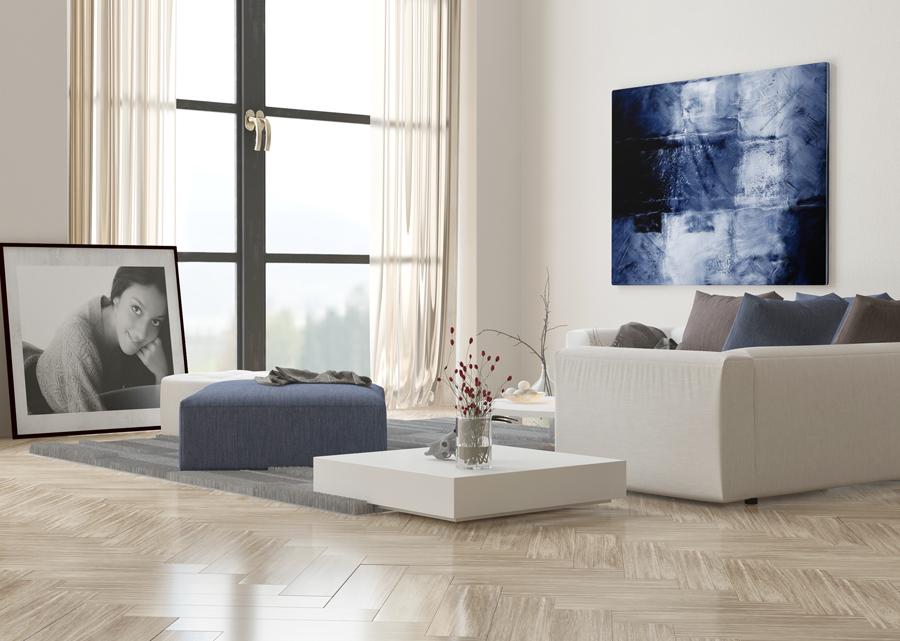
Rental Income Taxation: How to Optimize Your Property Returns
Understanding rental income taxation is essential for any property investor looking to maximize returns while managing their tax exposure.
Depending on whether the property is rented unfurnished or furnished, the applicable tax regimes in France differ significantly — with distinct benefits, deductions, and investment incentives.
Unfurnished Rentals: Micro-Foncier, Tax Deductions, and Deficit Schemes
Income from unfurnished rentals (location nue) is taxed as property income (revenus fonciers).
The Micro-Foncier Regime
If your annual rental income does not exceed €15,000, you can opt for the micro-foncier regime, which applies a 30% flat-rate deduction for expenses — meaning you are taxed on 70% of your rental income.
The Real Regime
Beyond this threshold, the real regime (régime réel) applies, allowing you to deduct all actual expenses, including:
-
Property management fees
-
Insurance premiums and property taxes
-
Maintenance or renovation work
-
Mortgage interest
Tax Incentives and the “Déficit Foncier”
Investing in new-build real estate may qualify for the Pinel scheme, which grants a tax reduction of up to €63,000 over 12 years.
In return, you must rent your property for a minimum of six years to a tenant meeting income conditions, within designated high-demand zones.
For older properties, the Cosse scheme (Louer Abordable) offers tax relief of 15% to 85% on rental income, depending on the location and tenant profile, under a 6- or 9-year agreement with the Anah (National Housing Agency).
Another major advantage: the déficit foncier mechanism.
Renovation expenses can be deducted from your global taxable income, up to €10,700 per year, with any surplus carried forward for 10 years against property income.
Furnished Rentals: Flexible Regimes and IFI Exemption
Income from furnished rentals (location meublée) is classified as industrial and commercial profits (BIC).
Two main regimes apply:
-
Micro-BIC Regime – for rental income up to €70,000 per year, with a 50% allowance for expenses (or 71% for classified tourist rentals).
-
Real Regime – more advantageous, as it allows property depreciation, alongside deduction of all operating costs.
Professional furnished landlords (LMPs) generating over €23,000 per year and whose rental income exceeds 50% of household income benefit from exemption from the French wealth tax (IFI).
Losses can be offset against global income without limitation, and capital gains upon resale enjoy favorable business tax treatment.
Online Rental Platforms and Digital Taxation
Since 2018, income generated through online rental platforms such as Airbnb, HomeAway, or Abritel is taxable from the very first euro earned.
Platforms are required to:
-
Report rental income to the French tax authorities, and
-
Provide annual statements summarizing all amounts received through their services.
Withholding Tax and the 2018 Transition
The introduction of France’s withholding tax system in 2019 brought a transitional mechanism to prevent double taxation.
Rental income from 2018 benefited from a one-off tax credit, neutralizing the effect of the reform.
However, only ordinary (non-exceptional) income qualified.
To prevent abuse, only the average amount of renovation expenses paid in 2018 and 2019 could be deducted in 2019 — limiting strategic deferrals of major works.
Vaneau Real Estate – Expert Guidance for International Property Investors
As a leader in luxury real estate in Paris, Brussels, Cannes, and Marrakech, Vaneau Real Estate offers tailored advisory services to optimize property investment and rental income taxation.
Our multilingual experts provide guidance on French tax regulations, investment strategy, and asset structuring, ensuring long-term profitability and compliance.
📞 Vaneau Real Estate
Tel: +33 (0)1 48 00 88 75
📧 contact@vaneau.fr
Vaneau News are powered by Google Traduction